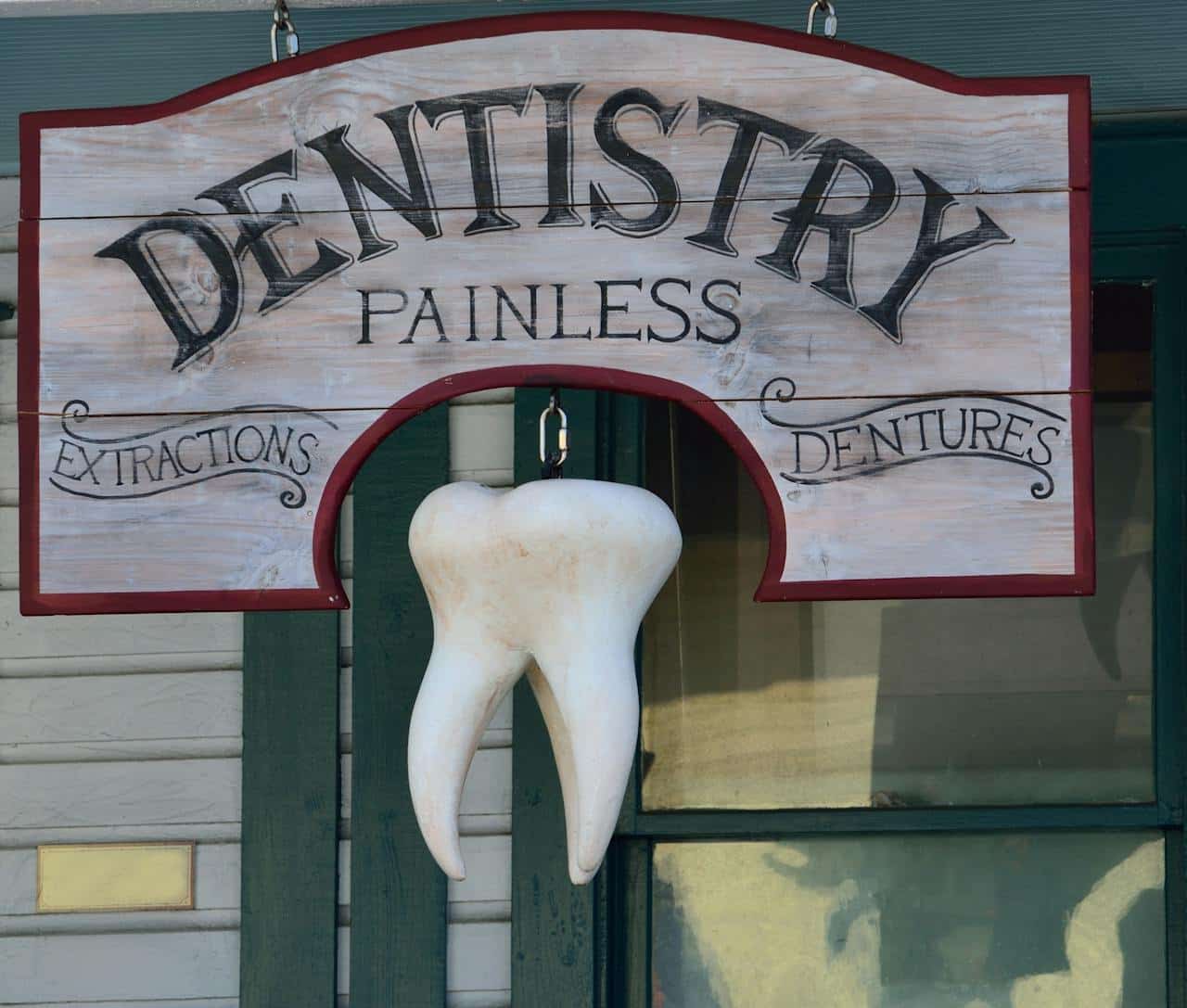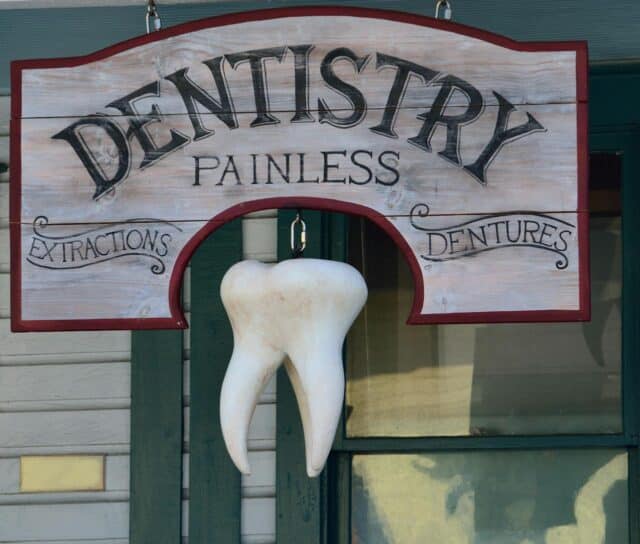
Dental implants have become a preferred option for replacing missing teeth, offering a natural-looking, durable alternative to traditional dentures or bridges.
Despite their benefits, many individuals hesitate to undergo the dental implant procedure due to concerns about pain. Understanding what to expect during and after the process can help alleviate these concerns and clarify the level of discomfort involved.
How Painful Are Dental Implants?
So, how painful is a dental implant? While some discomfort is expected, the pain associated with dental implants is often much less intense than many anticipate.
The surgery itself is typically not painful due to the use of anesthesia. After the procedure, the anesthesia will begin to wear off. Mild pain or soreness is normal at this point.
The level of discomfort varies, but for most, it is manageable with over-the-counter pain relievers or prescribed medications. In rare cases, patients may experience significant pain after the surgery, often due to factors such as an improperly fitted implant or infection. However, these instances are infrequent, and most patients find the recovery far less painful than anticipated.
Factors That Impact Dental Implant Pain and Recovery
Several factors can influence how much pain a person experiences after a dental implant procedure. Understanding them can help set realistic expectations for recovery and potential discomfort.
- Number of Implants: Placing multiple implants in one session can increase the overall discomfort experienced. Each implant site will need to heal, which may cause more soreness than if only a single implant were placed.
- Bone Density: Patients with low bone density may require additional procedures like bone grafting, which can lengthen recovery time and increase discomfort.
- Nerves: If the implant site is near nerves, such as in the lower jaw, there may be increased sensitivity or discomfort. However, oral surgeons take great care to avoid these areas and reduce the risk of complications.
- Individual Pain Tolerance: Everyone’s threshold for pain is different. While some patients may feel only mild discomfort, others might be more sensitive. It’s important to discuss pain management strategies with your dentist or surgeon beforehand to ensure you’re as comfortable as possible.
Despite these factors, many patients report that the pain after dental implant surgery is manageable. Modern techniques, alongside anesthesia and sedation options, have made the procedure far more tolerable than it was in the past.
How Is the Pain Alleviated?
Anesthesia and sedation are key components of reducing pain during the dental implant procedure. Several options are available to patients, depending on their needs and preferences as well as the recommendation of their dental health professional.
Local Anesthesia
Local anesthesia is commonly used during dental implant surgery. It numbs the treatment area, minimizing pain while the dentist or surgeon places the implant. This option is sufficient for many patients, particularly for simpler cases involving a single implant.
Oral Sedation
For those who feel anxious about the procedure, oral sedation may be offered. This involves taking a sedative pill before the surgery, which helps the patient feel relaxed and comfortable while remaining conscious. This option, combined with local anesthesia, can ease anxiety while ensuring minimal discomfort.
IV Sedation With Local Anesthesia
IV sedation provides a more profound level of relaxation than oral sedation. The patient remains conscious but will likely have little memory of the procedure. When paired with local anesthesia, IV sedation helps block pain while ensuring the patient is calm and comfortable throughout the surgery.
General Anesthesia
In more complex cases or for patients with extreme anxiety, general anesthesia may be used. This option puts the patient into a state of complete unconsciousness, and they will feel no pain during the surgery. General anesthesia is typically reserved for lengthier or more complicated procedures.
What Is Involved in Dental Implant Surgery?
Dental implant surgery involves several steps, and knowing what to expect can ease your concerns about the process.
- The surgeon typically removes any damaged teeth during the first stage, if necessary.
- Then, the surgeon will prepare the implant site. If there is not enough jawbone density to support the implant, a bone graft may sometimes be required.
- The next step involves inserting the titanium implant post into the jawbone. This post acts as the foundation for the new tooth. Once placed, the post needs time to integrate with the bone. This process, called osseointegration, typically takes several months.
- After healing, an abutment is placed on top of the post, which serves as the connector for the final crown.
How to Prepare for Dental Implant Surgery
Proper preparation before dental implant surgery can minimize discomfort and help ensure a smooth recovery. Here are some tips to follow:
Coordinate With Your Dentist
Make sure to have a thorough consultation with your dentist or surgeon beforehand. They will provide all the information and recommendations necessary for a successful procedure.
Discuss Medications With Your Dentist
Some medications, such as blood thinners, may need to be paused before surgery. Consult your dentist or surgeon to ensure everything is in order.
Plan Your Diet
Soft foods will be your go-to during the initial days of recovery. Prepare easy-to-eat meals like soups, smoothies, and yogurt. Your dentist or surgeon may advise you to avoid certain foods.
Maintain Good Oral Hygiene
Keep your teeth and gums healthy by brushing, flossing, and using mouthwash regularly.
Avoid Tobacco and Excessive Alcohol
These can hinder healing and increase the risk of complications.
Healing and Recovery After the Procedure
After surgery, following postoperative care instructions is important to minimize pain and avoid complications. Swelling and mild discomfort are common but can be managed with painkillers prescribed by your dentist or with over-the-counter options like ibuprofen.
During the recovery phase, avoid strenuous activities and eat soft foods to prevent stress on the implant. Maintaining good oral hygiene and keeping the area clean is essential to reducing the risk of infection. Your dentist will schedule follow-up appointments to monitor your healing progress and ensure everything is on track.

Bring Back Your Healthy, Functional Smile With Help From Archpoint Implant Dentistry
If you’re considering dental implant surgery, contact Archpoint Implant Dentistry. Our team of dental implant doctors uses only the highest-quality implants and the latest techniques to restore our patients’ smiles.
We offer a free initial consultation to new patients, making it easy for those considering dental implant surgery to learn more about their options. Contact Archpoint Implant Dentistry today to schedule your appointment and take the first step toward restoring your smile.








